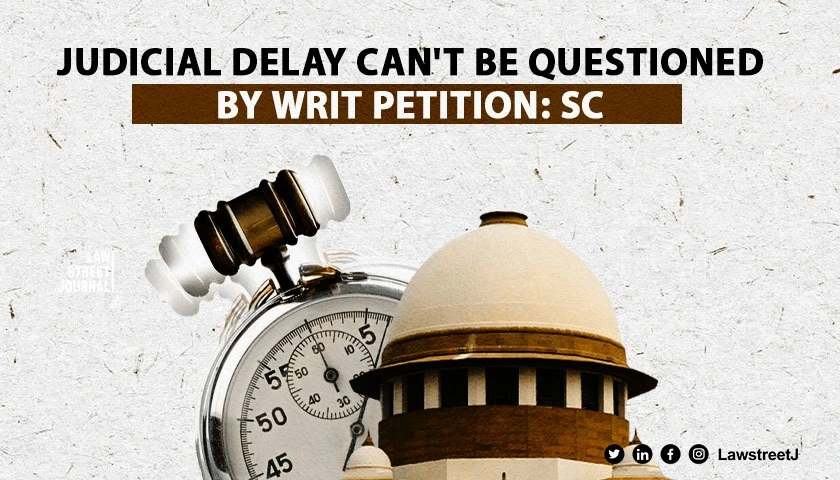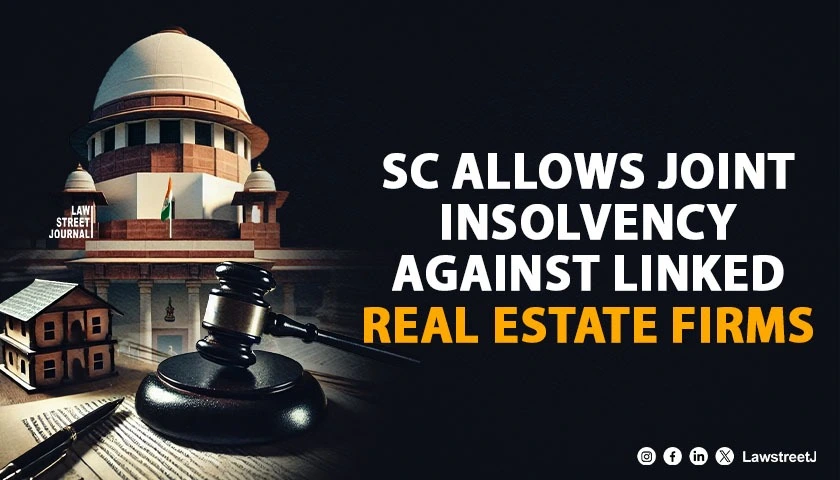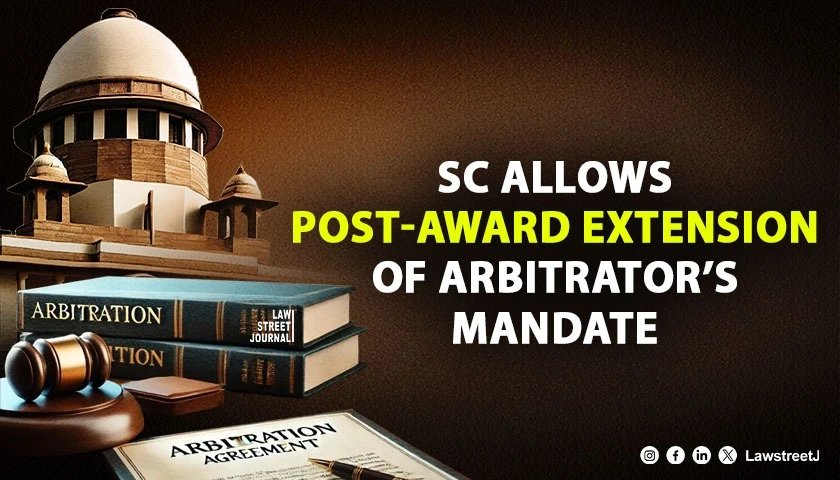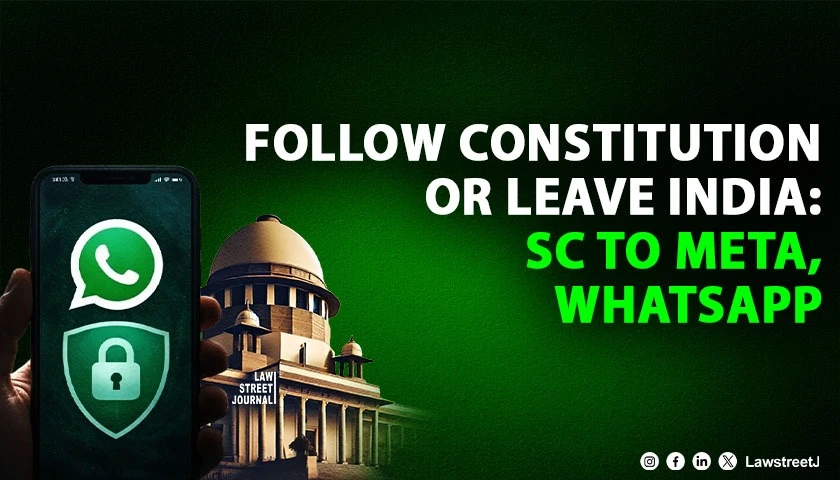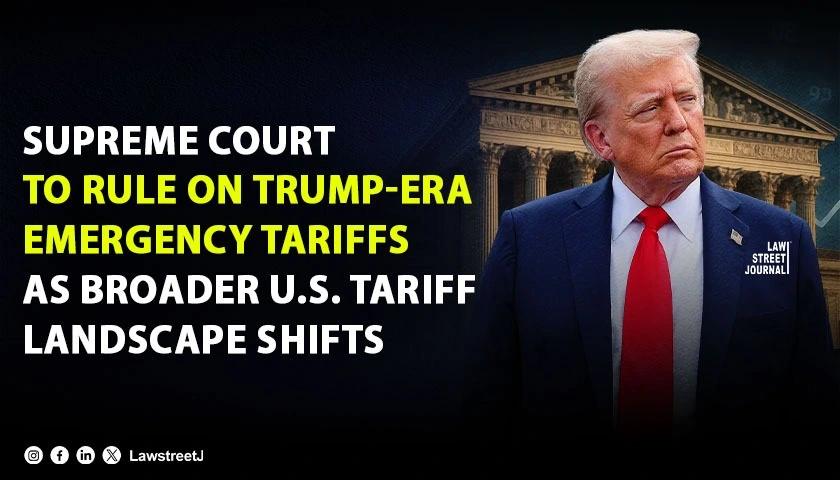NEW DELHI: The Supreme Court has said one cannot question delay in a pending criminal appeal by a filing a writ petition alleging violation of fundamental right, saying directing the High Court to decide one particular case would be inappropriate exercise of power.
A bench of Justices Dipankar Datta and Augustine George Masih said the Constitution does not grant power of superintendence to the Supreme Court over the High Court.
"There is no provision in Chapter-IV (titled The Union Judiciary) under Part-V (The Union) of the Constitution of India which, in terms similar to Article 227 of the Constitution (Power of superintendence over all courts by the High Court) under Chapter-V thereof, confers power of superintendence on the Supreme Court over the High Courts," the bench said.
The court dismissed a writ petition filed by Ganpat for a direction to the Allahabad High Court to decide his criminal appeal pending since 2016 or grant him bail by suspending his sentence.
"Accepting the prayer of the petitioner and issuing any direction, as prayed, would amount to inappropriate exercise of discretionary jurisdiction showing disrespect to another constitutional court; hence, no such direction, as prayed by the petitioner, can be issued," the bench said.
The court also said a judicial decision rendered by a judge of competent jurisdiction in or in relation to matter brought before him does not infringe a fundamental right.
The bench said if the priority has not been given to the petitioners criminal appeal (albeit filed in 2016) by the High Court for early hearing, for whatever reason, the same is also part of the judicial process and cannot be made amenable to a challenge in a writ petition under Article 32 citing breach of Article 21 of the Constitution.
"Assuming that an extraordinary case requires a nudge from this Court for early hearing of a long pending criminal appeal, it is only a request that ought to be made to the High Court to such effect in appropriate proceedings, care being taken to ensure that the proceeding before this Court is otherwise maintainable," the bench said.
The court rejected the writ petition as "grossly misconceived" and not maintainable.
The bench noted that the High Court has previously, pending his criminal appeal, denied the petitioner bail twice and one such denial having been challenged, it has failed before this court.
"The petitioner, if he wishes to be released on bail pending the criminal appeal, cannot invoke the writ remedy but has to take recourse to an application under Section 389(1) of the Code of Criminal Procedure," the court said.

